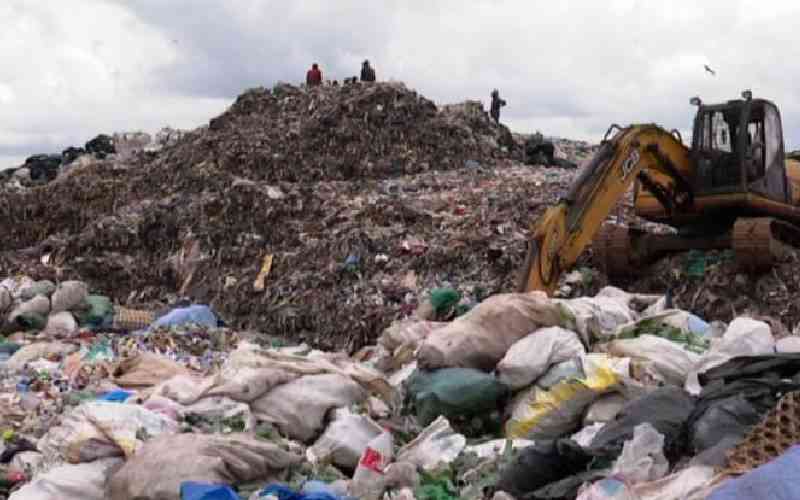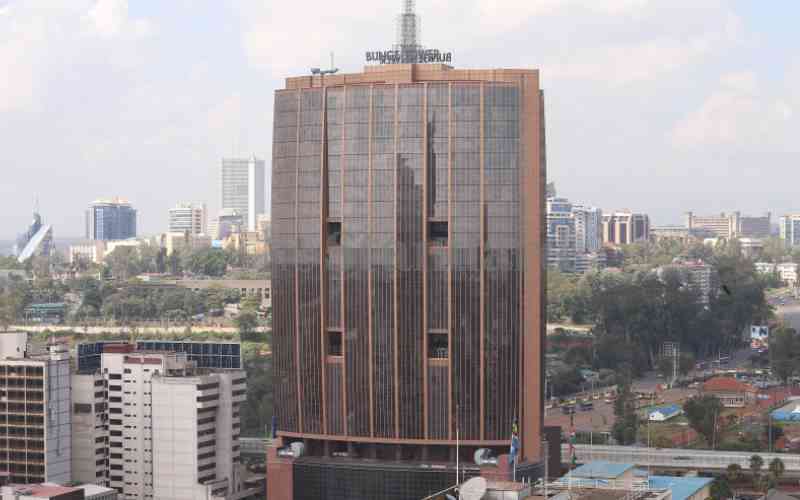By Henry Munene
NAIROBI, KENYA: The quest by MPs to have their salaries hiked from the Sh532, 500 proposed by the Salaries and Remuneration Commission to Sh851, 000 has kicked up a storm. So furious are the lawmakers that some have threatened to have the salaries team, an independent constitutional body, sent home.
They argue they spend much of what they earn on harambees to build churches, hospitals, schools, medical fees for their poor constituents and entertaining multitudes flocking their homes with all manner of grievances.
They, therefore, feel being broke would make them susceptible to bribes. As honourable members, the argument goes, parliamentarians need a ‘respectable’ profile, which is essentially a euphemism for a fat wallet. Unlike in the past when they did not pay tax, they say the taxman is set to demand his due, further reducing their pay slip to a statement of misery. Besides, some spent a fortune on their campaigns and it would be unfair to pay them less than the cost they incurred.
Then they go on to argue the SRC does not have powers to revise downwards salaries of parliamentarians as the latter are clearly set out under the National Assembly Remuneration Act. There is even a humanistic angle suggesting it is not humane to reduce someone’s salary, when the cost of living has been on a relentless upward trend.
Undoubtedly, the lawmakers have a strong case, but it pales in comparison to the raft of reasons wananchi have cited to dissuade members of the House from what they see as a quest for self-enrichment.
One, the economy is not in good shape. The public wage bill stands at Sh458 billion, about 12 per cent of the GDP, while the globally acceptable average is seven per cent.
Given that we are budgeting to deliver the ambitious Jubilee manifesto, we are likely to end up with a Government that is in essence an employment bureau, paying huge salaries and not much for development.
Again, all indications are we may miss the revenue collection target of Sh881 billion set in June last year, which means we may borrow heavily from the domestic market, thus stifling development.
Besides, higher salaries for MPs will open floodgates of demands from other public service officers. What will stop doctors, teachers, lecturers, nurses and other public servants from pouring into the streets with fresh demands after MPs have been given a pound of Wanjiku’s flesh?
Now, the argument about exposing MPs to corruption simply can’t wash. If we must bribe MPs, as it were, to shield them from graft, what about the police and other Kenyans who live from hand-to-mouth but serve with integrity?
The public mood is such that if MPs choose to play Father Christmas all the year round, they must realise that many of us get many invitations to contribute to charity, but we do only what we can. You can’t hurt your country to donate cash to some its citizens!
It must also be noted that no one has reduced the MPs’ salaries. They knew what the new pay would be well ahead of the last polls, so the argument that they spent a lot should not arise. In any case, every parliamentary tenure is a ‘fresh mandate’ and even for those who got reelected, they are coming in afresh and they simply cannot argue that their salaries have been reduced!
And while everyone have a right to clamour for a better paycheck, we must learn to peg pay hike on performance and value added.
If MPs do such a good job that the economy grows 15 per cent by next year, it would be unfair to deny them a better paycheck. Before then, as they say in the august House, they are out of order.
Stay informed. Subscribe to our newsletter
 The Standard Group Plc is a
multi-media organization with investments in media platforms spanning newspaper
print operations, television, radio broadcasting, digital and online services. The
Standard Group is recognized as a leading multi-media house in Kenya with a key
influence in matters of national and international interest.
The Standard Group Plc is a
multi-media organization with investments in media platforms spanning newspaper
print operations, television, radio broadcasting, digital and online services. The
Standard Group is recognized as a leading multi-media house in Kenya with a key
influence in matters of national and international interest.
 The Standard Group Plc is a
multi-media organization with investments in media platforms spanning newspaper
print operations, television, radio broadcasting, digital and online services. The
Standard Group is recognized as a leading multi-media house in Kenya with a key
influence in matters of national and international interest.
The Standard Group Plc is a
multi-media organization with investments in media platforms spanning newspaper
print operations, television, radio broadcasting, digital and online services. The
Standard Group is recognized as a leading multi-media house in Kenya with a key
influence in matters of national and international interest.








